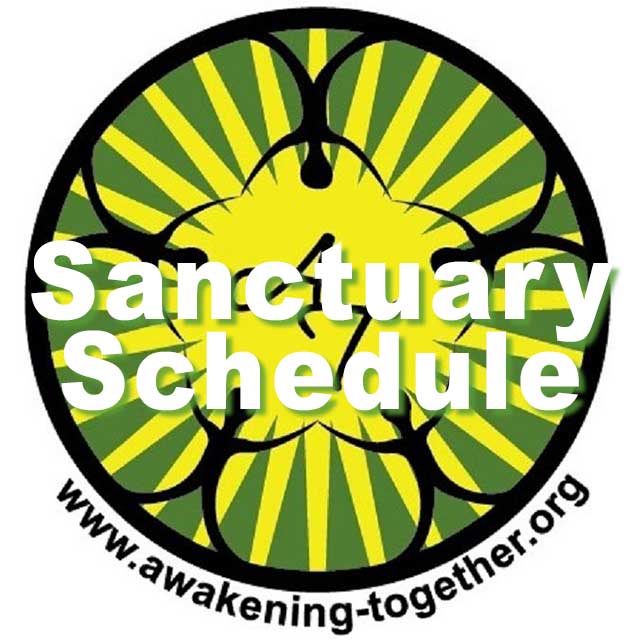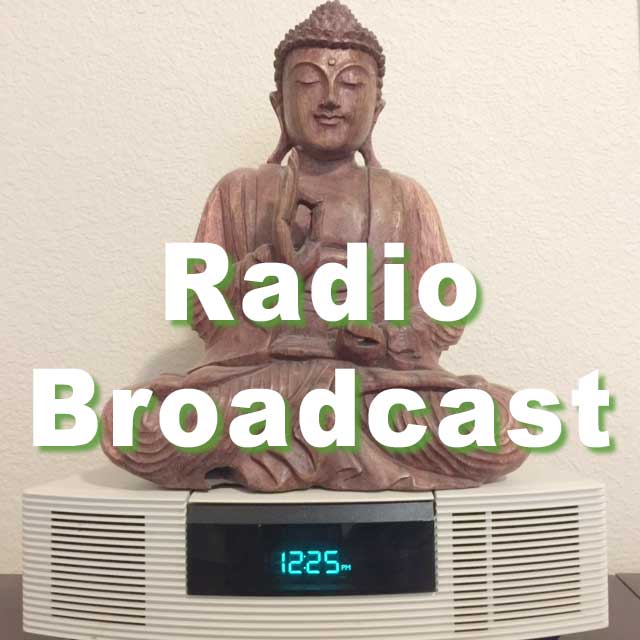“Ultimately, only a ‘person’ has solid preferences. A consciousness emptied of the illusion of a separate self simply recognizes what contains the most benefit for all and acts accordingly.” Bentinho Massaro
10-5-16 Michael Langford Study Group
Chapter 8, “How to Live a Life that Knows Only Love”:
Tonight’s meeting focused on the wisdom that came from the inner teacher of Elisa Morgan. Regina Dawn Akers and Jay McCormick shared on selected passages and spoke on the power of love, integrity of the soul, and the importance of spiritual practice.
To Listen to the Audio, click here.
October 5, 2016 Daily Quote
“Teach us that even as the wonder of the stars in the heavens only reveals itself in the silence of the night, so the wonder of life reveals itself in the silence of the heart. In the silence of our heart we may see the scattered leaves of all the universe bound by love.” The Bhagavad Gita
ACIM Workbook Lesson 277 – Meditation with Karen Worth
Find a place where you will be undisturbed. If it is comfortable, put on headsets or earbuds. Relax, and enjoy this meditation.
ACIM Workbook Lesson 278 – Meditation with Karen Worth
Find a place where you will be undisturbed. If it is comfortable, put on headsets or earbuds. Relax, and enjoy this meditation.
If I am bound, my Father is not free.
October 4, 2016 Daily Quote
“Craving creates tunnel vision: we see only what we yearn for. Mindfulness allows us to see that and much more, giving us the choice not to act on our desires. The one-pointedness with which we fixated on the object of desire can be turned to an object of contemplation, such as the breath.” Joan Duncan Oliver (Drink and A Man)
The Bhagavad Gita – Jnana Yoga – 10/3/16
The Yoga of Wisdom. What is the difference between wisdom and Knowledge?
Listen to this recording
Habitual Believing & True Compassion – by Rev. Regina Dawn Akers
This morning I read an article about a Pakistani man who killed his sister because she married a Christian. To this Islamic family, her marriage was a disgrace. The killing is considered an honor killing.
I have compassion for everyone involved in this story. Everyone involved is suffering from a belief that is believed by nearly every human on the planet. I call it the ‘I am bad’ belief. ACIM calls it guilt. NTI calls it unworthiness. In this article, the word ‘shame’ is used.
The men who taunted the brother about the sister’s relationship were trying to make themselves feel ‘bigger’ in order to deny how ‘low’ and ‘unnecessary’ they feel. The brother who killed his sister preferred to kill his sister than suffer the shame he felt around his taunters. The father approves of the killing and regrets the killing for the same reason, the shame it brings on him.
Imagine that. A father has just lost a daughter to death and a son to prison, yet what is driving his actions? Grief? No. Love? No. Compassion? No. He is driven by the fear of his own shame.
In the Bible, Jesus said that his life was a ransom for many. Buddha sought enlightenment because he wanted to end suffering for all beings. ACIM says that a miracle worker’s only responsibility is to accept the atonement for himself. NTI Ephesians explains how what we believe goes out into the world, has an effect, and then comes back to us again. Michael Singer calls false beliefs “environmental pollution.”
I feel that each of the teachings above point to the same truth. Because of how divine law works, and because we are all one, our personal belief in guilt, unworthiness and shame has an effect on others and on their believing. It is as if we are taunting others, encouraging them to believe that they are worthless whenever we believe it about ourselves or anyone else. In other words, our personal belief in guilt, unworthiness and shame is a part of honor killings too.
I don’t share this in order to increase guilt. To increase guilt would only increase the problem. I share this to help wake us up to the same motivation that Jesus felt (“My life is a ransom for many.”) and that Buddha felt. I say this to help us make a firm commitment to be the miracle worker. How do we do that? By becoming committed to letting go of the belief that some people are better and some people are less/worse. That includes the personal self. We need to be willing to let go of the belief that we are guilty, unworthy, shameful, less than, lacking, etc.
True compassion is letting go of the believing that we do that is also a part of the world’s recurring problems. Some of us will be more motivated to let go of false beliefs when we do it from true compassion just as Jesus and Buddha did. When we are motivated by both the desire for personal peace and out of compassion for all beings, we have more motivation to overcome habitual false believing. And these false beliefs are habits. They are habits shared by everyone who has not yet learned that it doesn’t need to be this way.
October 3, 2016 Daily Quote
“But if you try to escape from this world merely by leaving the city and hiding yourself in solitude, you will only take the city with you into solitude; and yet you can be entirely out of the world while remaining in the midst of it, if you let God set you free from your own selfishness and if you live for love alone.” Thomas Merton (New Seeds of Contemplation)
Common Ground Mini-Series: Nirmala – Part 2 of 4
THE AWAKENESS THAT IS ALWAYS ALREADY HERE
Awakening is simply a sudden expansion or increase in awareness. When this expansion is especially large, profound, and transformative, we call that a spiritual awakening. While there is nothing we can do directly to cause a pronounced awakening, all spiritual practices and teachings are designed to make us more available for when Grace touches us and opens our awareness profoundly.
This evening Nirmala led us in the contemplation of space, which shifts our perspective regarding form and our problems/stories.
Listen to this recording
Nirmala’s website: endless-satsang.com
Click here for a link to Nirmala’s books on Amazon
- « Previous Page
- 1
- …
- 451
- 452
- 453
- 454
- 455
- …
- 579
- Next Page »



